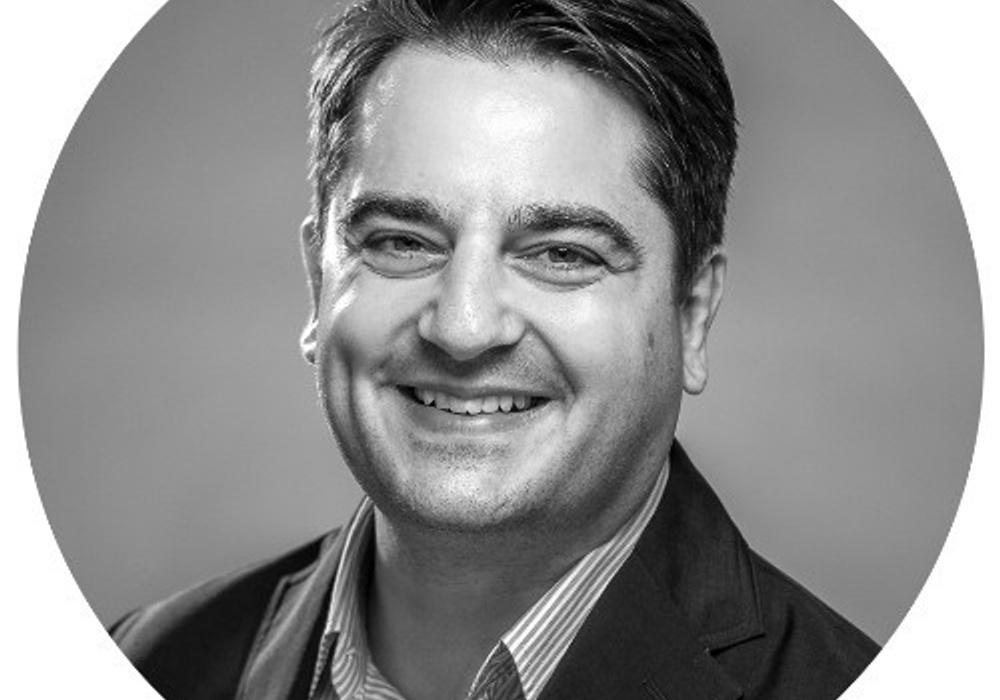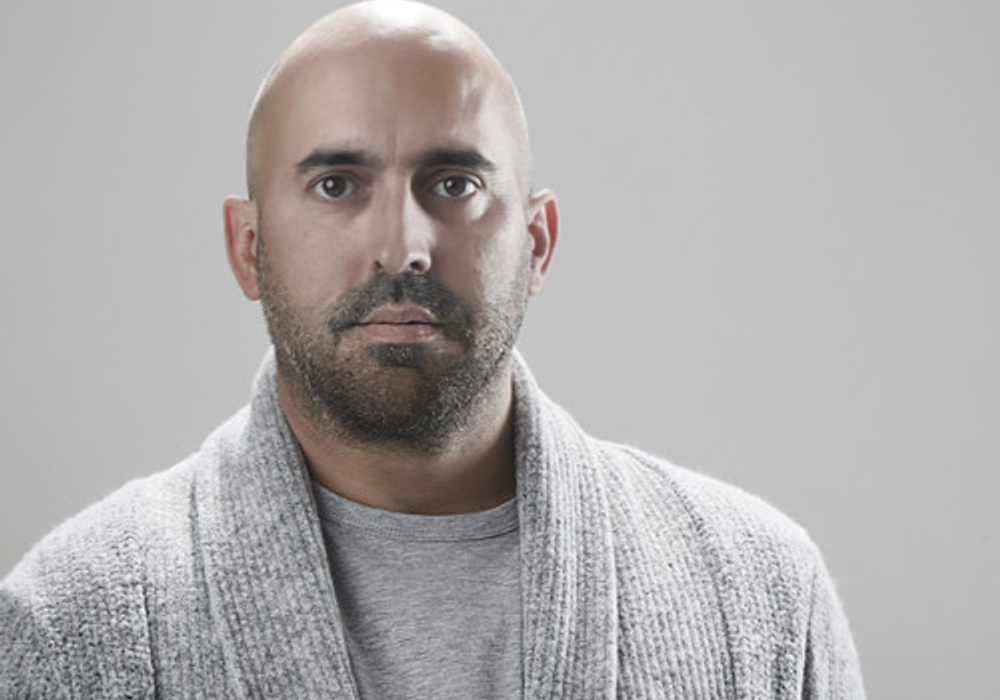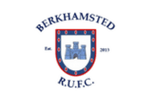INDUSTRY INFORMATION
NEWS
UPDATES
DNA UPDATES
THE LATEST NEWS
Arthur Brennan
Roblox Developer

Adam Hainsworth
CEO & Owner, be the brand experience

Alex Javer
Chief Strategy Officer, TLC Worldwide

Andrew Mitchell
Executive Creative Director

Andy Taylor
Chief Creative Officer, Trouble Maker
"Working with Ali and the DNA team has been amazing as they'd really taken the time to understand what I was looking for in my next career move. Ali has given me some great advice and tips, and helped me land the role I was looking for. If you're looking for your next career move then I'd highly recommend speaking with Ali and the DNA team. I'll definitely be sharing Ali's details with any of my network who are looking for a new role."

Antony Sunder
Senior Account Manager, Ingenuity
Arthur Brennan
Roblox Developer

Adam Hainsworth
CEO & Owner, be the brand experience










